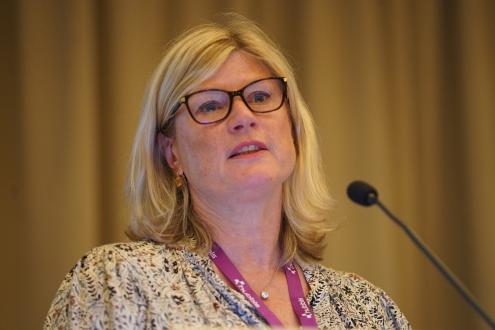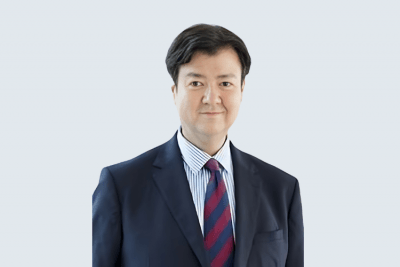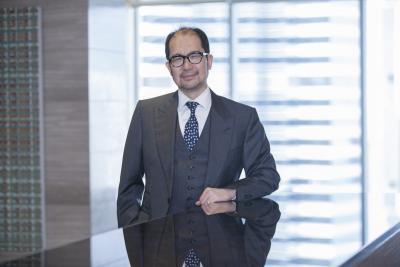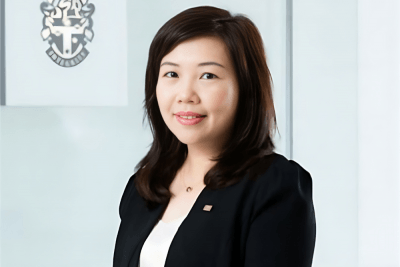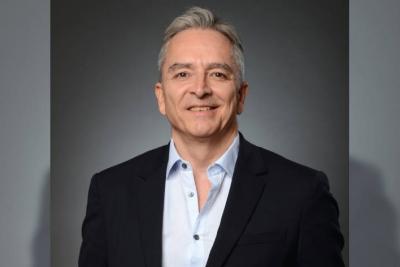Wealth Solutions & Wealth Planning
How to Secure a Top-Class Overseas Education Alongside Optimised Residence & Citizenship Alternatives

Tess Wilkinson of Henley & Partners
Jul 19, 2023
The Hubbis Wealth Solutions Forum on June 14 saw Tess Wilkinson, Director of Education Services at Henley & Partners, offer an interesting presentation on how wealthy private client families can secure the best possible overseas educational opportunities for their children and grandchildren. She told delegates how her team at Henley & Partners Education provides a premium service to help HNW families and their children navigate the complexities of identifying, selecting and then securing optimal educational courses and institutions overseas. She described how their service draws on the collective expertise of their advisors, all of whom are former heads, admissions directors, and teachers. And she outlined how the firm’s investment migration experts can then help these students obtain overseas residence and citizenship alternatives that serve to further enhance their future potential and prospects.
Tess opened her talk by highlighting the remarkable opportunities wealthy clients in Asia have in their ability to offer their younger generations access to a vast array of overseas further education opportunities. She explained that not only can these young people benefit from world-class education in major international institutions, but the multicultural exposure that they gain, along with the global networks they can start to build during their studies, will greatly help propel them into a brighter future.
Tess also noted how it is complex to select the most appropriate courses and match them to the relevant educational institutions. She explained that once the optimal path has been chosen, it is vital for families to adopt the proper planning and processes to achieve their objectives.
She also commented on why, in such a globalised world, families should look beyond educational aspects and see how they can align these advantages with residence and citizenship solutions, thereby helping them better access opportunities in the future, for example, after they graduate and move into the global careers marketplace.
Tess said that by giving the younger generations the opportunity to study abroad in a multicultural environment, perhaps to later undertake international corporate or other internships, and to then seize international career opportunities, they will be availing themselves of far better and more diverse opportunities than if they had remained in their home countries for their university or post-graduate studies.
She emphasised the value of the deeper cultural sensitivities and awareness such students gain when overseas, an advantage that cannot simply be taught; it must be experienced first-hand.
Scrolling through some excellent slides, Tess told guests that analysis from Study.EU showed that 36% of the world’s top corporate CEOs studied abroad, 66% have a Master’s degree or Doctorate, and some 31% hold an MBA. She noted how close to one-third of CEOs from Asia have studied abroad, according to the same Study.EU research.
She also reported that over 21,600 tertiary-level students from Singapore were studying overseas in 2022, with more than half of them heading to the UK or Australia, around 20% to the US, and with smaller numbers going to Germany, Malaysia and Canada, among a few other countries.
Turning the audience’s mind to the potential cost of international education, Tess corroborated the typical assumption that fees tend to be high, and if accommodation, subsistence and living costs are included, can reach up to USD80,000 in the USA. In addition to the cost, one must consider the changing international education landscape, with acceptance rates falling as institutions are inundated with applications. Tess reports a massive jump in applications from pre- to post-COVID. To distinguish oneself, prospective students may rely on academic attainment or exceptional abilities in sports or extracurricular activities. However, they may still find themselves competing with 20,000 or more applicants.
Tess advises planning ahead, as it takes time to develop the aptitudes, interests and personal attributes that a university may be looking for. This is particularly relevant when we take into account the increased competition for places post COVID pandemic. She cites Harvard as an example, with acceptance rates dropping from 7.8% in 2019 to 3.94% in 2022. Planning in advance increases the likelihood of acceptance, as one can understand what admissions teams are looking for, she notes.
Another advantage is being data-driven. Henley & Partners’ “Henley Academic Profiling Assessment” (HAPA) allows the firm to assess the academic performance of children. This then contributes to the team’s core focus: ensuing students are matched to the right institution so they can thrive.
Tess suggests applicants should seek guidance from admissions counsellors and specialists to navigate the complexities of international education.
Many applicants are drawn to prestigious institutions, resulting in intense competition. Henley & Partners can present lesser-known universities and schools as excellent options.
Tess raises the question of whether a child can graduate with a degree and a passport. She mentions two examples of residence programs: the Canada Start-Up Visa Program and the US EB-5 Immigrant Investor Program.
For the Canada Start-Up Visa, Tess suggests, if possible, placing students in Canadian education prior to university to avoid paying international fees, as it takes two years to acquire permanent residency. The visa costs USD275,000 for a family or USD550,000 for up to five investors. Applicants need to spend three to five years in Canada in order to gain citizenship.
Concluding her presentation, Tess underscores the valuable role that Henley & Partners Education plays in the realm of international education. She emphasizes the firm’s commitment to providing impartial advice and working closely with families and their children, placing them at the center of the conversation. A key aspect highlighted by Tess is the utilisation of data to drive discussions and planning. Through the Henley Academic Profiling Assessment (HAPA),
Henley & Partners can evaluate a child’s academic performance relative to their peers globally, offering parents valuable insights into their child’s progress, especially considering the negative impact of COVID on education.
Tess also highlights Henley & Partners’ collaboration with intermediaries, enabling the firm to provide comprehensive education solutions as part of its packages to clients. By leveraging its global network and connections with schools and universities, the firm can engage in conversations that many others cannot.
Tess’ final words are in regard to Henley & Partners Education’s desire to find the best fit for each and every child. “We are all heads, teachers, directors of admissions, and we have a global network that can work with families who want to send their children all over the world. We are very well connected because of what we’ve done. So, we can have conversations with universities and schools that many others can’t,” she reports. There are no commissions received by the firm from any schools or universities. As such, the work they do is truly impartial, with the sole purpose of ensuring that the children they work with are accepted at excellent schools or universities where they will “thrive, succeed, and be happy.”

Director of Education Services at Henley & Partners
More from Tess Wilkinson, Henley & Partners
Latest Articles


